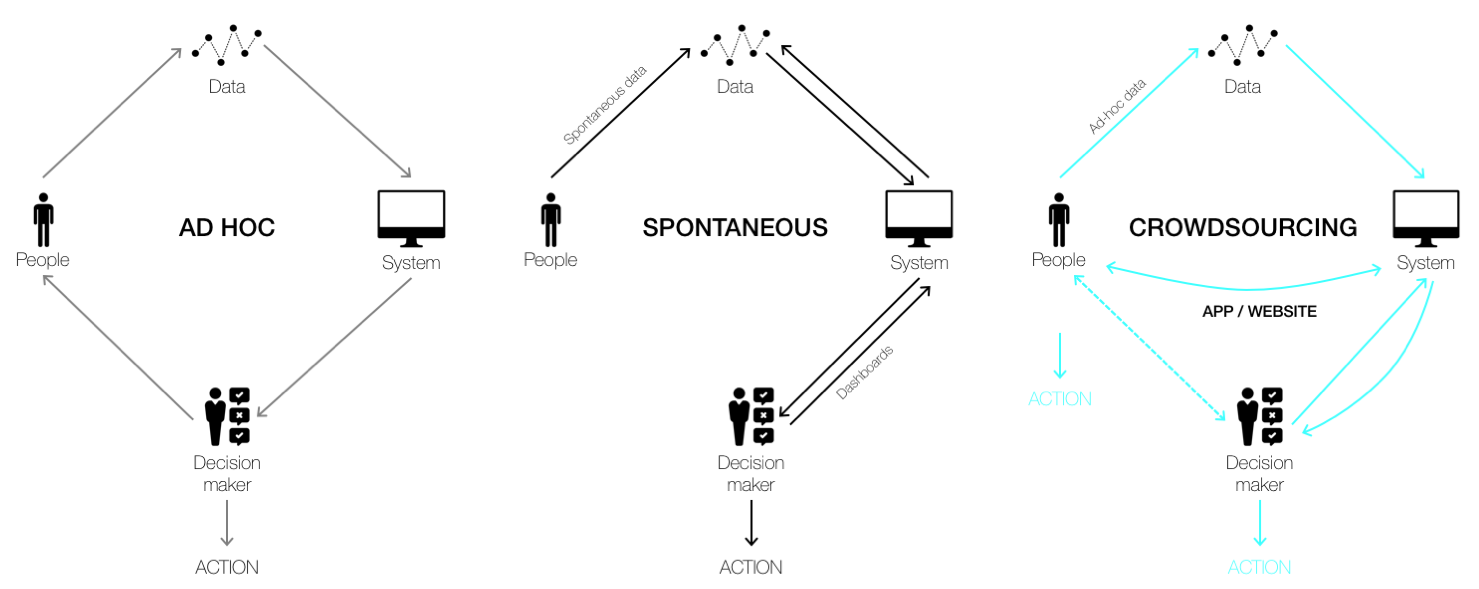Our Research Mission
Our research lies at the intersection of Spatial Data Science, GeoComputation, and User Modelling.
We develop pioneering urban data science methods and tools to better understand and predict the dynamics of cities.
We use large-scale geo-social data to revisit geographical problems relating to regionalisation, social area analysis, place characterisation, as well as issues relating to urban planning, such as human mobility, traffic, societal inclusion, and energy consumption.
We believe that the adaptation of deep learning models, neural network architectures, and other advanced machine learning techniques in a spatial context has potential to act as a catalyst for enhancing the understanding of spatial processes and outcomes.

The recent emergence of new forms of geo-social data, deriving from social media, sensors, mobile phones, open geo-portals and satellite imagery calls for an update to the methods and tools used in social sciences and urban planning. The new methods and tools need to harmonise with the inherent characteristics and challenges of the emerging data sources, and be able to enrich, integrate, and analyse heterogeneous urban data sources at scale.
By combining machine learning, data science and spatial analysis with human computing and user modelling, we can create powerful digital reflections of urban interactions at scale, from sparse and ambiguous data sources.
Open geo-portals and satellite imagery
Open repositories, Google Maps satellite imagery and StreetView
Sensors
LoRa networks, WiFi cameras, RFID cards, beacon networks
Mobile phones
Call detail records, GPS tracks
Social media
Twitter, Instagram, Foursquare, Sina Weibo
The Internet of Things provides new opportunities for sensing infrastructures that are energy-efficient, low-cost, and low-maintenance. Social Urban data bring a new class of challenges related to the volume, variety, and veracity of data. For instance, geo-localized social media provide human-generated content that could reflect in (near) real-time the activities people undertake in cities Citizens and tourists can play a key role for understanding the dynamics of a city. Social sensing can be a fundamental tool to unlock data that is not readily available from more traditional sensors such as weather stations; but also to involve citizens and thereby increase citizen awareness of challenges that cities face.

The SocialGlass Research Team engages in a broad range of research activities, including scientific publications in leading international conferences and journals, and participation to national and international research and education projects focusing on spatial data science, urban computing and smart cities.